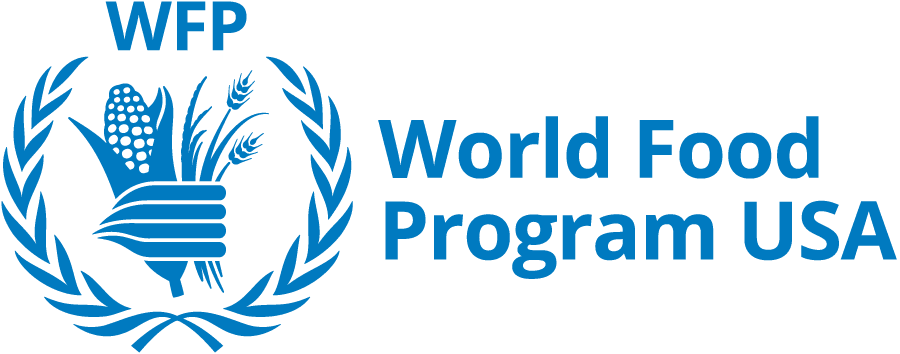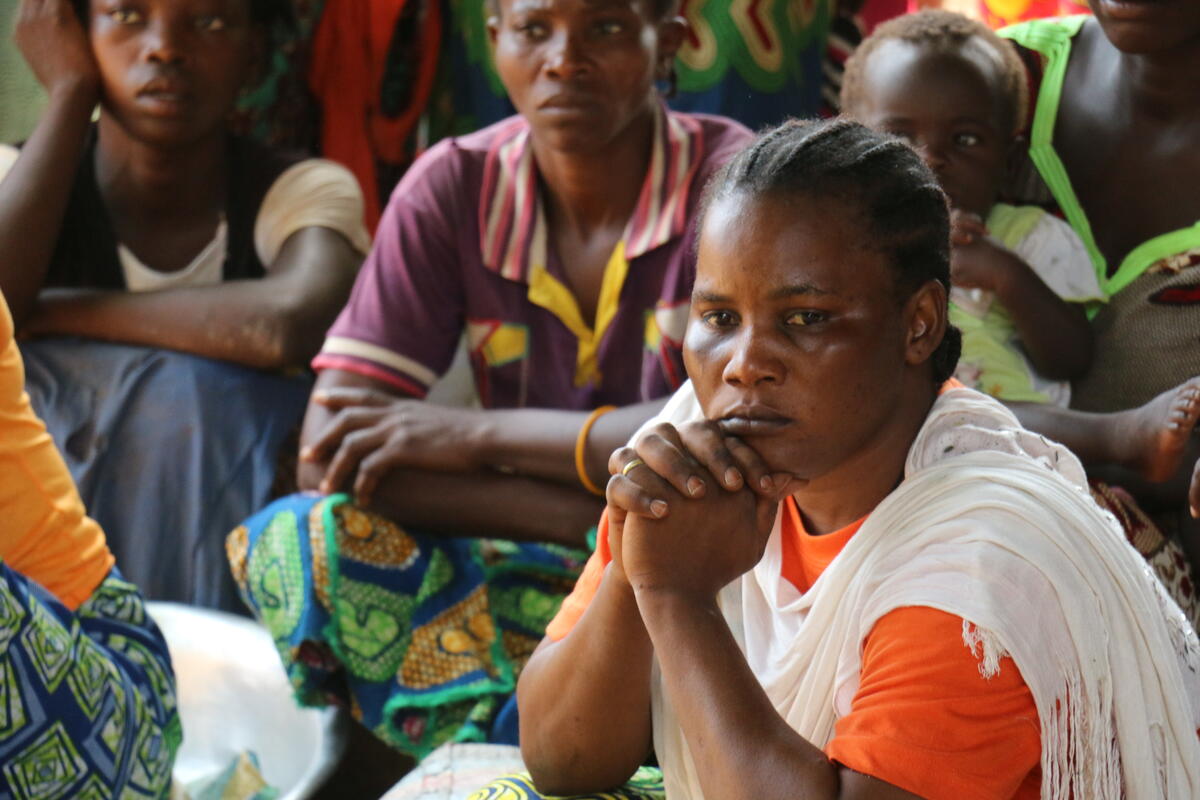Enduring Political Chaos
Although a new president and general assembly were elected in March 2016, large areas of the territory are still controlled by armed groups and the security situation remains volatile. While the signing of a Peace Agreement between the Government and 14-armed groups in February 2019 has improved the stability of certain areas, the humanitarian situation continues to be critical.
With livelihoods disrupted by conflict, food production and household purchasing power have weakened. Rising food prices mean that 65 to 75 percent of disposable income is now spent on food, and, according to the latest IPC Report, 45 percent of the population (2.1 million people) are food insecure. Of these, 85 percent are severely food insecure (1.8 million). Around 40 percent of children aged between 6 months and 5 years are stunted, their growth limited by lack of nutrients in their diet.
According to the Humanitarian Needs Overview for 2022 (OCHA), humanitarian needs in CAR are at their highest level since 2015.
 WFP/Bruno Djoyo
WFP/Bruno Djoyo









